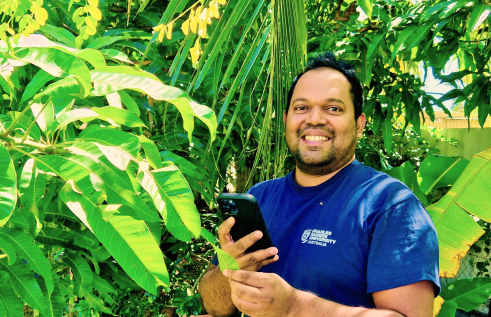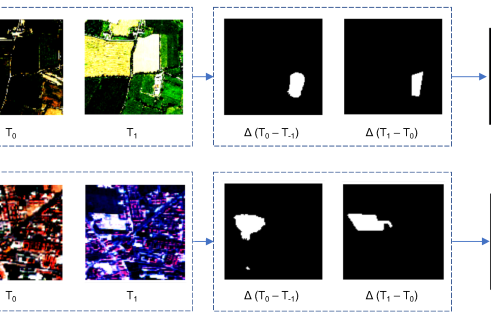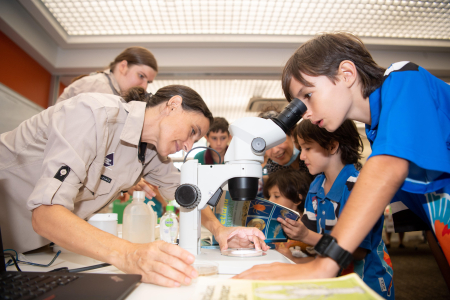News
New research skill building program at CDU
Charles Darwin University (CDU) has launched a series of new professional development training programs to support researchers at the university.
The Early Career Researcher (ECR) Skills Upgrading Program and The Foundation ECR (fECR) program are designed to equip research staff with the right tools to build their research outputs and skills.
More than $1 million has been invested in the ECR and fECR programs over five years.
CDU's Pro Vice-Chancellor Research and Innovation Dr Steve Rogers said the program was part of CDU’s strategy to further enhance the university’s research quality and enhance staff development.
“The program will help early-career researchers get a head start on producing high quality research,” Dr Rogers said.
“We want to nurture and promote our researchers and enhance our research impact as a university to solve real-world problems.”
The activities include workshops, networking events, online modules, mentoring schemes, and reward systems that are tailored specifically for early career researchers.
Early career researchers are those who earned a PhD in the last five years.
CDU Vice Chancellor Professor Scott Bowman CDU said the program was focused on making sure the needs of its research community are met through a quality training system to grow the university’s research capacity into the future.
“CDU has some of the world’s best researchers in their fields, and we’re focused on developing the next generation of researcher into the future ,” Professor Bowman said.
“I encourage all CDU researchers to participate in this excellent professional development opportunity.”
Professor Drew Dawson from Central Queensland University has been appointed to lead the new initiative.
Professor Dawson expertise in organisational psychology and human behaviour will be vital contribution to help new researchers to CDU in adapting to the Territory’s research environment.
Related Articles

Rooting out plant diseases: Are computers ready to run our farms?
Nature is still too complex for artificial intelligence (AI) modelling to be effective, but the tipping point is close, according to a new study that found the technology may still trip at the last real-world hurdle.
Read more about Rooting out plant diseases: Are computers ready to run our farms?
Tech on the treetops: How AI can protect forests
The Artificial Intelligence model was developed to detect changes in forest cover.
Read more about Tech on the treetops: How AI can protect forests
Volunteers protected Darwin wildlife for 50+ years, but new research suggests it’s time to stop winging conservation efforts
Volunteers have shouldered the burden of shorebird conservation in the Top End for more than half a century, but new research from Charles Darwin University (CDU) suggests it’s time for the government to take responsibility for all of the Northern Territory’s residents – including those with wings.
Read more about Volunteers protected Darwin wildlife for 50+ years, but new research suggests it’s time to stop winging conservation efforts
